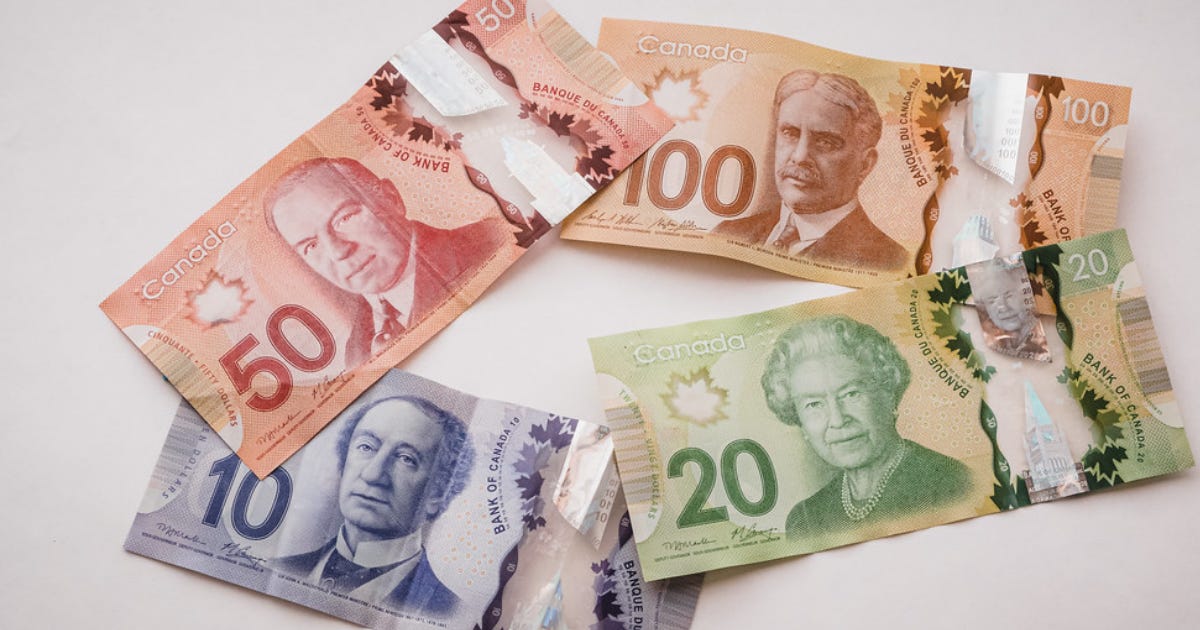Study slams Liberals' pandemic cash dumps as main driver of inflation
A new study claims the Liberal government’s reckless spending during COVID was “primarily responsible for the 2021-22 inflation surge,” arguing the Bank of Canada was largely powerless to stop it.
A new study claims the Liberal government’s reckless spending during COVID was “primarily responsible for the 2021-22 inflation surge,” arguing the Bank of Canada was largely powerless to stop it.
Two economists at the C.D. Howe Institute published their findings on Thursday which criticized the Trudeau government's massive “helicopter drops” of funding into the private sector.
According to the study, money doled out during the pandemic via government programs totalled an estimated $270 billion, or roughly 12.5 per cent of Canada’s gross domestic product.
That money has since grown to about $360 billion.
“Whether this wealth takes the form of new money or new debt is largely irrelevant,” the report reads.
“While inflation remained subdued in 2020 as the full impact of the COVID-19 pandemic hit Canada, it began to accelerate suddenly in the spring of 2021, breaking through the bank’s control range in April,” the study reads.
“The acceleration continued more or less steadily until the summer of 2022, after reaching a peak of 8.1% in June 2022.”
Prices jumped 11.4% between January 2020 and December 2022, with gasoline being one of the hardest hit commodities, increasing by more than 50% over that period.
Food and transportation also saw an increase of between 15 and 20%, while appliances and rent went up 10 and 15% respectively.
However, prices have remained high in the years that have followed.
While inflation began to come down last year, Canada has been faced with “a permanent shift upward in the price level path,” the study noted.
For example, the overall price of groceries was 2.8% higher in June compared to the same month last year, according to data from Statistics Canada.
The agency released its latest Consumer Price Index on Tuesday, which found that Canadians’ grocery bills have continued to rise annually.
The CPI saw a total increase of 1.9 per cent annually last month, up from a 1.7 per cent increase in May.
Meanwhile, Bank of Canada Governor Tiff Macklem acknowledged in 2022 that the central bank’s monetary policy “fell behind the curve” during the pandemic.
The study’s authors agreed with that assessment, adding some criticism that the Bank of Canada could have better articulated how it intended to achieve its inflation targets.
However, the study ultimately concluded the blame lies primarily with the Trudeau government.
“If fiscal policy is anchored, interest rate policy can be used to smooth out inflation dynamics,” it said.
“If fiscal policy is not anchored, then monetary policy will struggle to rein in inflation and — where it can, most notably in the short-run — it may do so at the price of a severe recession.”






